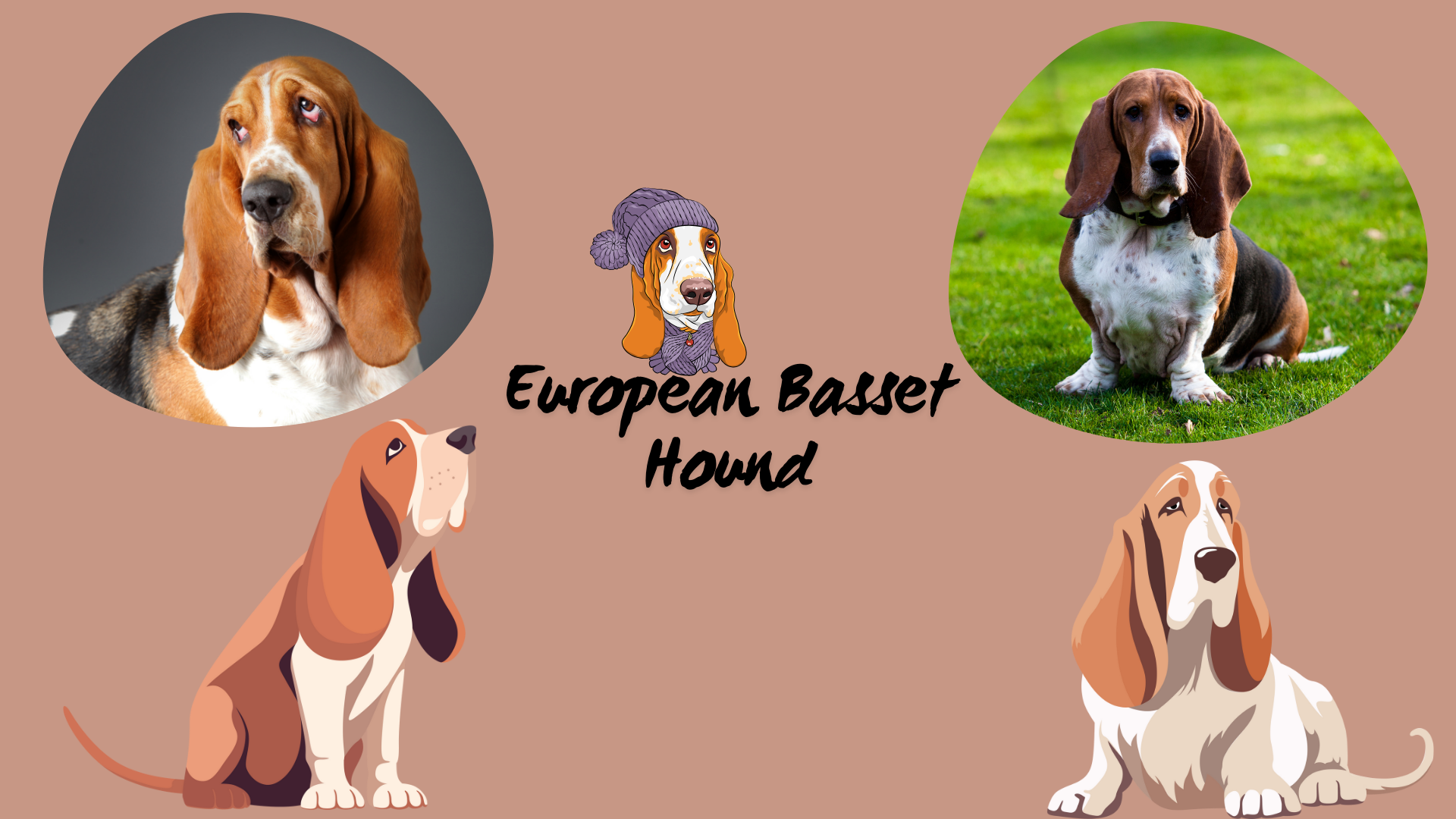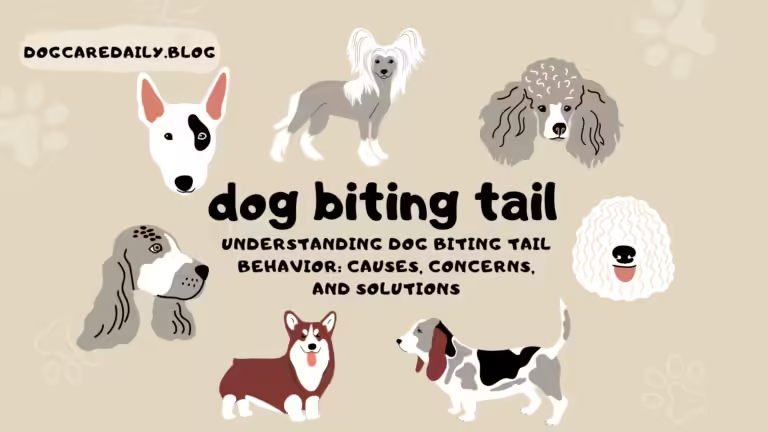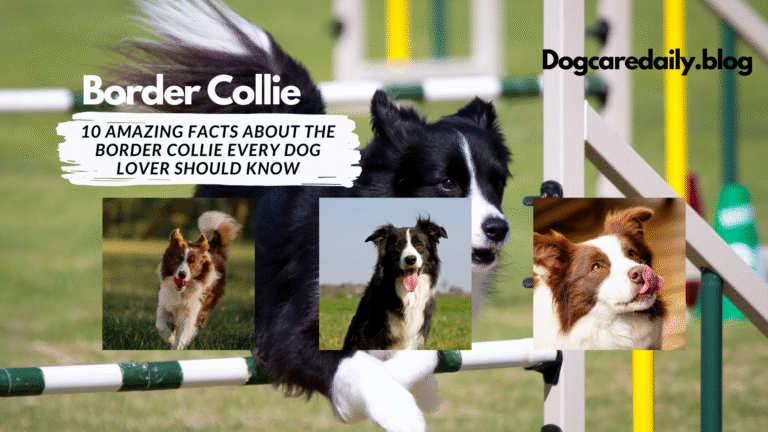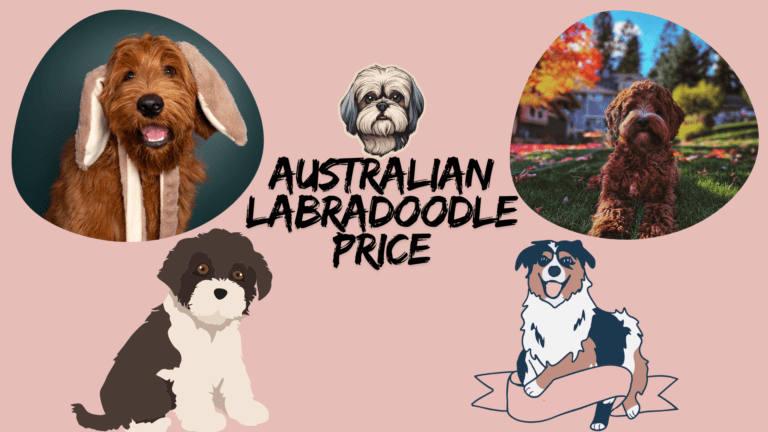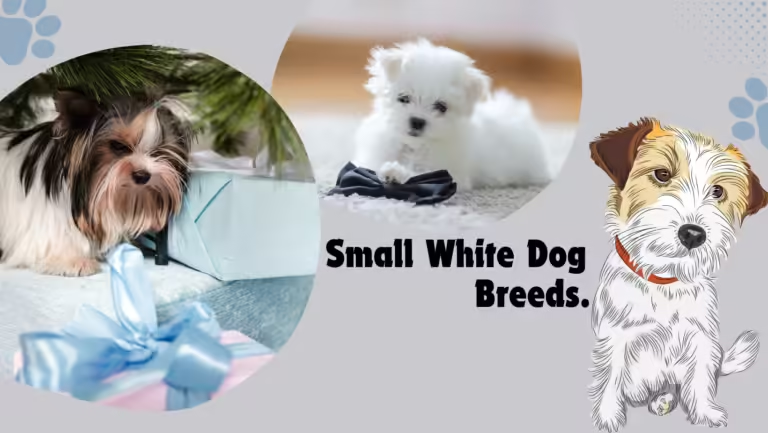European Basset Hound: The Ultimate Guide to This Wrinkly, Loyal Companion
The European Basset Hound is characterized by long ears and short stature with irresistibly droopy expression. Despite Basset Hounds having captured people’s hearts around the world, there are some important characteristics that differentiate the European variant. Read on to find out everything you will need to know about the European Basset Hound, from its origins and personality to care needs.
History and Origins of the European Basset Hound
The Basset Hound, in a modern sense, originally came from France, where it was bred as a hunting dog with an exemplary ability to track scents. Its lowslung body and long ears are perfectly suited for picking up and following trails over long distances. The term “Basset” itself comes from the French word “bas,” meaning low, an apt descriptor for these stout, ground-hugging dogs.
Coming from the same origin, yet over time subtle differences manifested and evolved into the typical two breeds: the American Basset Hound and the European Basset Hound. Compared to the American Basset Hound, the European Basset is slightly bigger and more wrinkled. The two breeds, in any case are highly capable scent hounds and family companions.
Physical Appearance
European Basset Hounds are medium-sized dogs, generally characterized by long bodies, short legs, and a droopy expression that is just signature.
- Size: European Bassets typically measure up to 15 inches in height but tend to be larger than the American version. They weigh between 65-75 pounds or more.
- Wrinkles: Excess loose skin is a hallmark of the European Basset; there will be wrinkles and folds upon wrinkles, and much more than the American breed. This is an addition to their flabby and often comical look.
- Ears: Long hanging ears give not only a cute look but also perform a primary function in helping to waft scents forward to their nose at the hunt.
- Coat and Colors: There is no really difficult coat, but rather one that is short and smooth and therefore requiring hardly any care at all. In tricolour fashion, they are of course most prominent, but can also be red, or brown- or lemon-bodied with black masks, and tans underneath.
Temperament and Personality
The European Basset Hound is known to be gentle and even-tempered. They tend to be close companions to their family and have been described as very patient and loyal. Though of dignified, even almost aristocratic appearance, they are of playful, affectionate nature.
- Loyal and Loving: European Bassets are intensely attached to their owner. They are fairly friendly towards other pets and very good with the children too, making an ideal dog for a family.
- Stubborn Yet Intelligent: The breed is hard to train since they are obstinate and independent. They are extremely smart, however, but they have a one-track mind when they’ve caught an interesting scent. The breed requires a great deal of patience and positive reinforcement.
- Laid-back Lifestyle: Quite playful, yet not overly active. European Basset Dogs are fairly happy to laze about in the home but will still need regular exercise to prevent weight gain and to stay healthy.
Exercise and Activity Needs
Despite their placid appearance, Basset Hounds are energetic scent hounds which require exercise. Even if not hyperactive, this level of activity is crucial towards ensuring that they lead healthy lives.
- Daily Exercise: Basset European requires at least one hour a day. This can come in the form of walks, playing in the backyard, or even in playful games that stimulate your latent instinct to hunt by scent.
- Preventing Obesity: Obesity is one major concern with this breed. Their loving nature for food along with low energy activities leads to rapid weight gain if monitored very carefully. It is essential that the right diet and portioning along with proper exercise should be maintained.
- Mental Stimulation: European Bassets require a great deal of mental stimulation, or they will merely get bored and find ways of that you do not want them to have. Keeping their mind active can be done through hiding, puzzle toys, or sniffing games.
Training the European Basset Hound
Training a European Basset Hound requires patience, consistency, and plenty of positive reinforcement.
- Stubbornness: One of the defining characteristics of the Basset Hound breed is their stubborn streak. They know what they want and aren’t easily swayed. Training sessions should be kept short and fun, as long sessions can lead to boredom and defiance.
- Positive Reinforcement: Due to their food-motivated nature, treats can be an excellent training tool. Reward-based training using small, healthy treats often yields the best results.
- Socialization: Early socialization is important to ensure a well-adjusted adult dog. Introduce your European Basset Hound to a variety of people, animals, and environments to prevent shyness or fearfulness later in life.
Grooming and Care
European Basset Hound training requires a lot of patience, constant repetition, and heaps of positive reinforcement.
- Skin Care: A European Basset Hound’s skin wrinkles in the body and the face should always be clean. That is how infections are prevented from occurring. Dust and moisture can easily get trapped in the folds making bacteria develop and causing irritation on the skin.
- Ear Care: Their long ears can easily be prone to ear infections. So, cleaning needs to be done constantly, preventing this from happening. Make sure you check their ears at least once weekly then continue to clean them with a solution, which your vet recommends.
- Coat: Basset Hounds have a smooth, short coat that sheds moderately. The European Basset Hound needs its coat brushed at least once a week to manage shedding and maintain its health. Regular brushing also helps keep the coat smooth by distributing natural oils.
- Nail Trimming: Their weight and level of activity make nail trimming absolutely essential. However, they may be very inconvenient because they can cause potential secondary issues such as joint stress and pain in the paw.
- Dental Hygiene: Like with every breed of dog, the European Basset Hound requires attention to their dental health. Brush daily using dog-specific toothpaste.
Health Concerns
The European Basset Hound breed is relatively healthy, but, like every other pure breed, they are bound to have some health problem.
- Obesity: Obesity is the major health problem afflicting this breed. Control of diet and regular exercise will keep them fit and avoid obesity-related complications.
- Ear Infections: Because of their long, floppy ears, European Basset Hounds are more susceptible to ear infections. Cleaning and checking ears would therefore be important measures to try to avoid these infections.
- Hip Dysplasia: This condition is actually prevalent in many breeds, and can be present in European Basset Hounds too. Regular visits to the vet clinic and monitoring for obesity can reduce the risk.
- Glaucoma: Eye infections like glaucoma and entropion wherein the eyelid folds inward can be found in Basset Hounds.
- Skin Infections: The multiple folds and wrinkles of skin may sometimes lead to bacterial infections unless cleaned and dried properly.
Is the European Basset Hound Right for You?
The European Basset Hound can be an ideal companion for various types of owners. They are sensitive, gentle, and loving, which makes them the perfect addition to a family, single person household, and even the ideal companion for elderly individuals. Of course, there are also some challenges that prospective owners need to be prepared for, like the time and effort required in grooming as well as proper diet management, patient training, etc.
European Basset Hounds would thrive best in an atmosphere which they get much attention and care. They can be the perfect companion if you have the patience to train and take proper care of them.
FAQs about European Basset Hounds
1. Are European Basset Hounds good with children?
Yes, as they are gentle and patient and play well but don’t have bad rambunctiousness.
2. Do European Basset Hounds require a lot of exercise?
They require exercise for a little over an hour. They should be regularly active so as not to gain obesity but are not hyper dogs.
3. Are European Basset Hounds easy to train?
They can be viciously independent and a bit stubborn to train. Thus, patience and positive reinforcement is fundamental in training.
4. How often do European Basset Hounds need grooming?
While the coat of the European Basset Hound is low maintenance, their wrinkles and ears need to be cleaned often to avoid infections. The dog needs to be bathed every two weeks and the ears cleaned regularly.
5. Are European Basset Hounds prone to health issues?
They are prone to some health issues like obesity, ear infections, hip dysplasia, and glaucoma. Proper care and regular check-up sessions at the vet can help minimize the risks.
6. How do European Basset Hounds differ from American Basset Hounds?
The European Basset Hound is slightly bigger and has a lot of wrinkles, with drooping mouth in comparison to the others.
Conclusion
The European Basset Hound is quite an unusual loving breed that can become an invaluable member of the family if treated adequately. Together with their iconic features, loyal nature, and gracious personality, they are an excellent option for dog lovers who seek a friendly and non-demanding companion.

